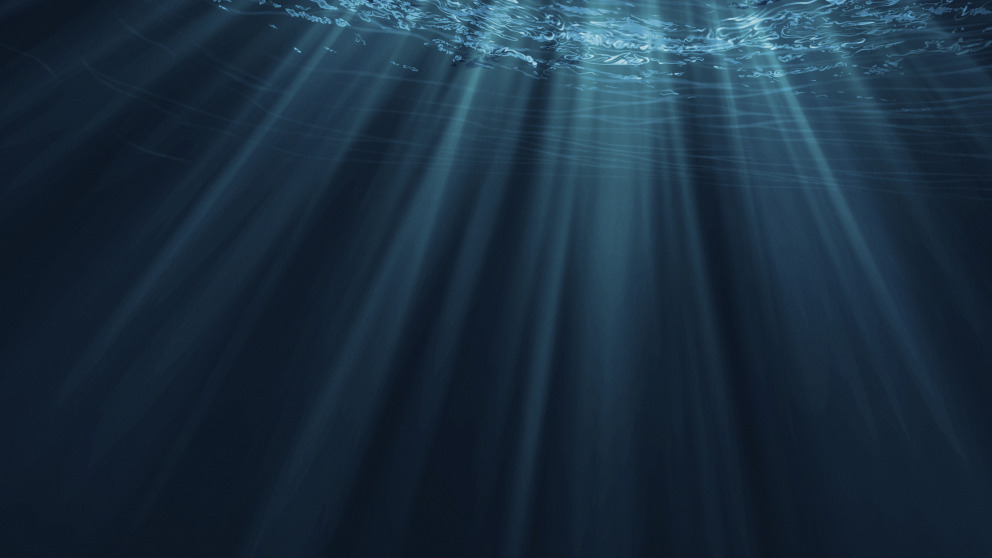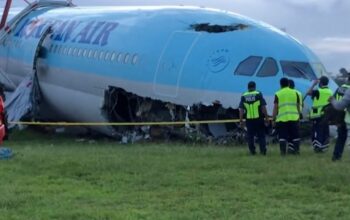A deep-sea mining prototype robot developed by Global Sea Mineral Resources (GSR) was stranded on the Pacific Ocean floor following a malfunction during a test mission.
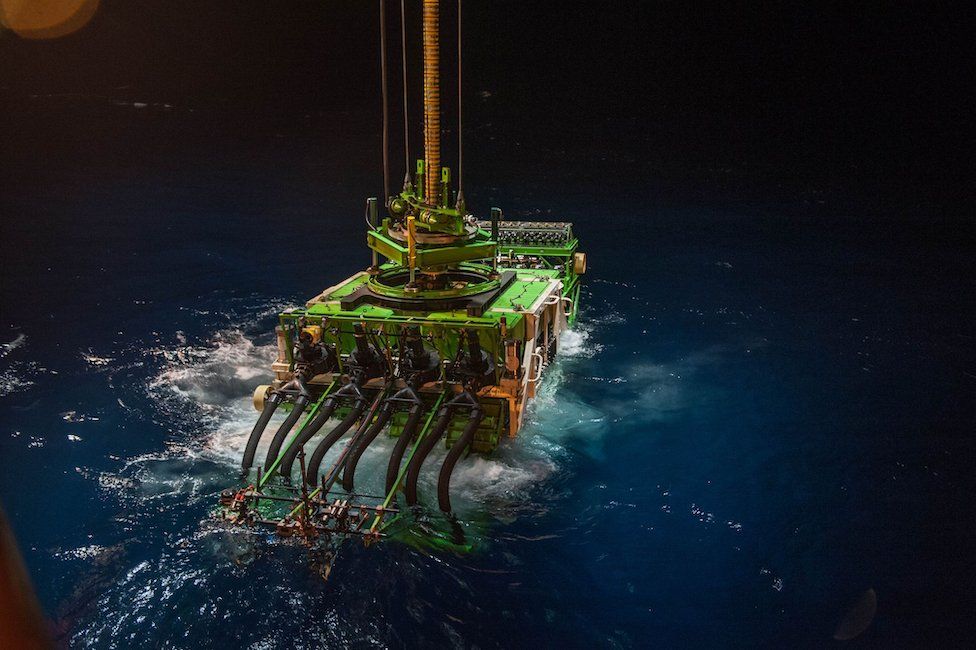
The Patania II mining robot was developed to explore and bring up rocks rich in cobalt and nickel from the Pacific Ocean floor at a depth of more than 13,000ft.
As part of the month-long trial and research programme, which started on 20 April 2021, the robot was connected to GSR’s Rainbow Warrior ship with a 5km cable.
The umbilical cable was detached from the machine when the first phase of trials was nearing completion, reported BBC News.
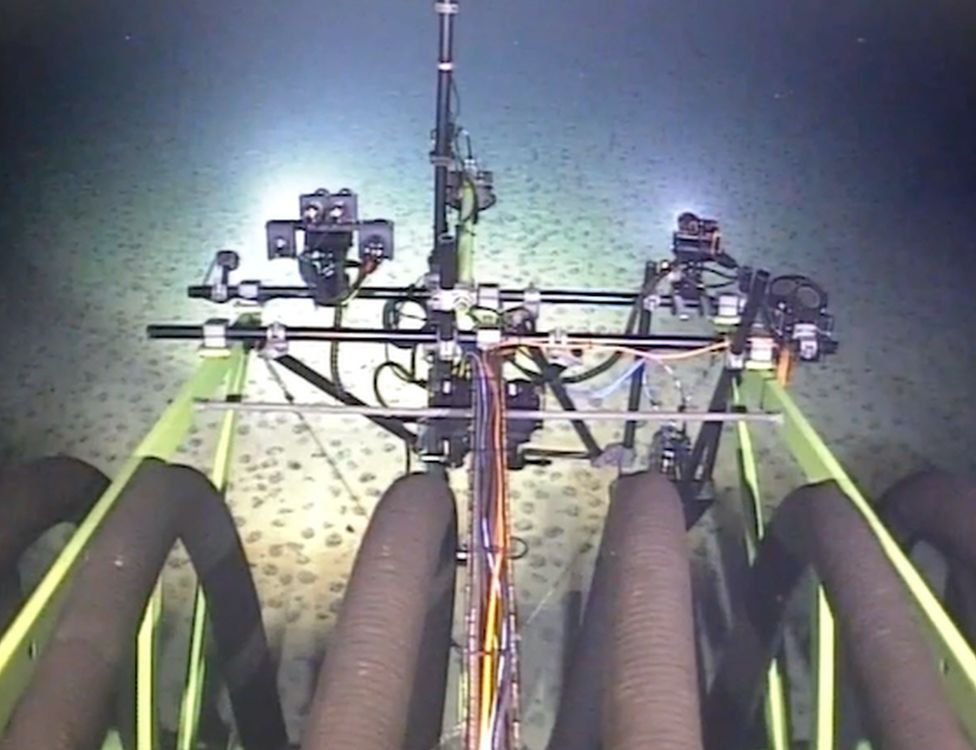
A GSR spokesman said: “On its final dive in the GSR area, a lifting point separated and Patania II now stands on the seafloor.
“An operation to reconnect the lifting point begins this evening and we will provide an update in due course.”
GSR plans to redeploy the machine if it is successfully retrieved to continue further research.
However, recovery of the machine in such extreme depths cannot be guaranteed, reported BBC News.
“The first phase of trials was almost complete when the umbilical cable became detached from its connection to the machine.
A spokesman for GSR told BBC News: “On its final dive in the GSR area, a lifting point separated and Patania II now stands on the seafloor.
“An operation to reconnect the lifting point begins this evening and we will provide an update in due course.”
If the machine is successfully retrieved, it will be redeployed for further research in an area licensed to Germany.
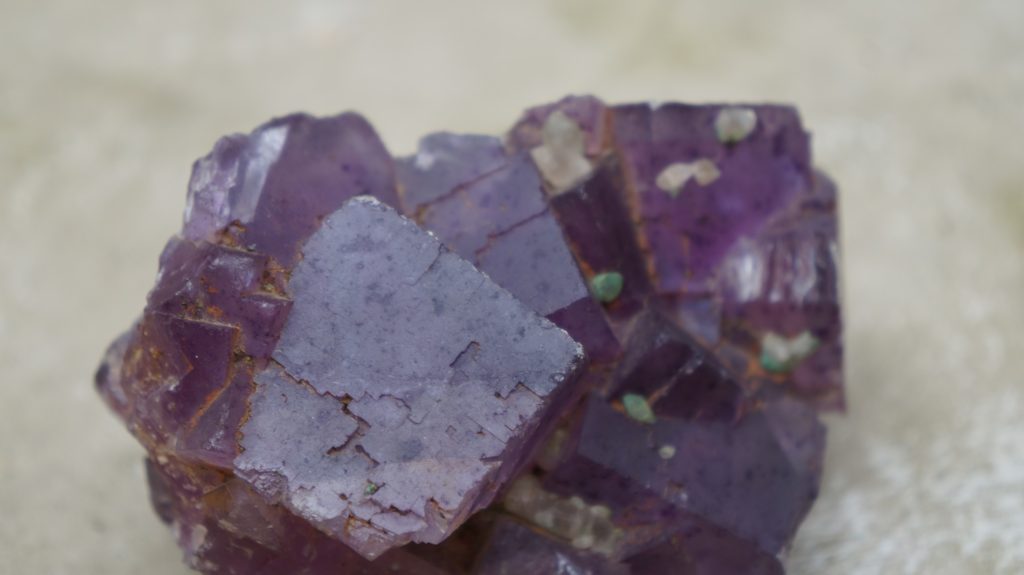
But recovery in such extreme depths cannot be guaranteed.” Read more from BBC
The trials in the Clarion Clipperton Zone are being observed by independent scientists from 29 European institutes.
Based on the trials, the independent scientists will assess data and samples collected from the seafloor to measure the seabed mining’s impact.
The plans to mine minerals on the ocean floor have triggered concerns by environmentalists, including Greenpeace.
Commenting on the accident, Greenpeace Germany deep-sea biologist Dr Sandra Schoettner was reported by BBC News as saying: “It’s ironic that an industry that wants to extract metals from the seabed ends up dropping it down there instead.
“This glaring operational failure must act as a stark warning that deep-sea mining is too big a risk. Read more from Mining Technology

